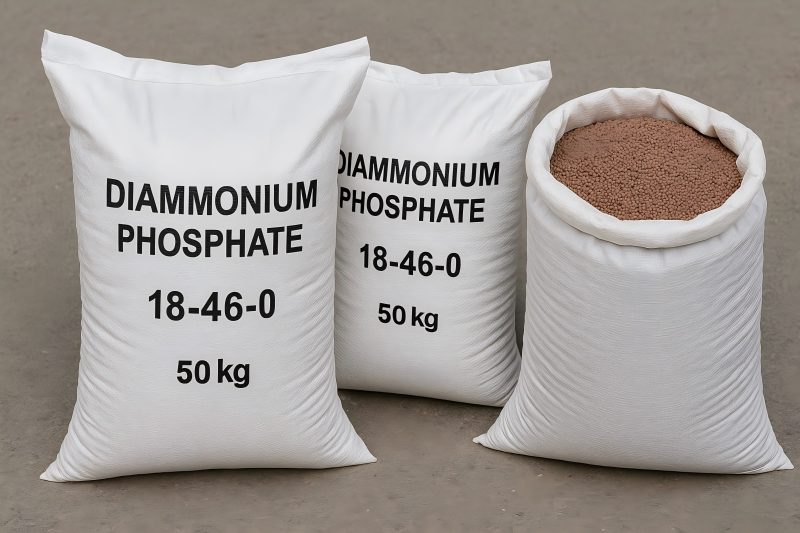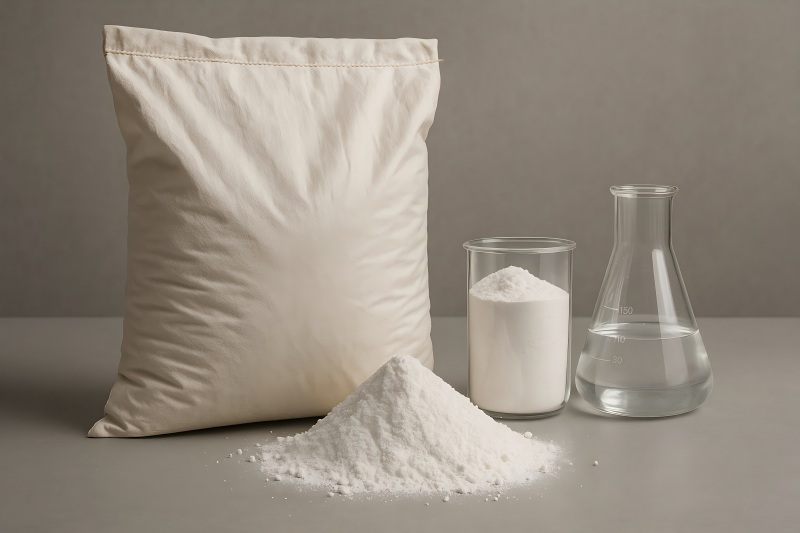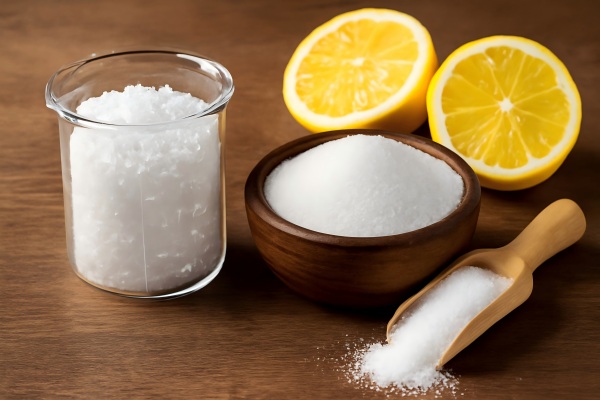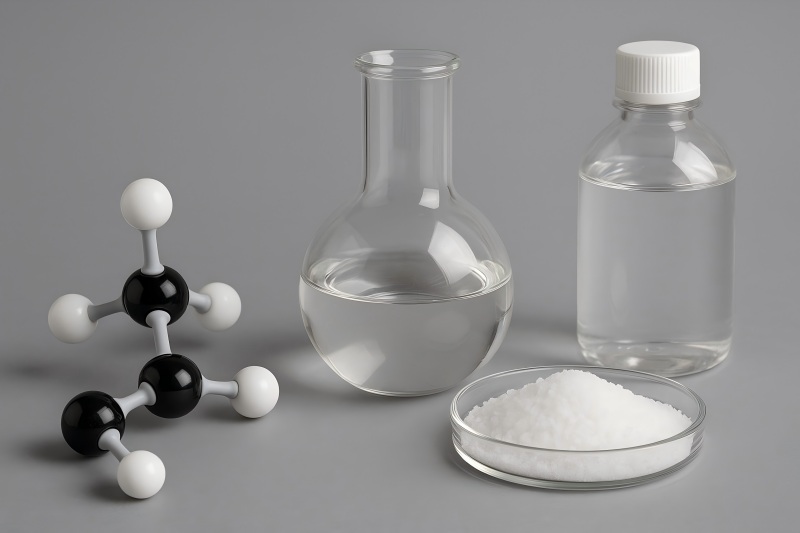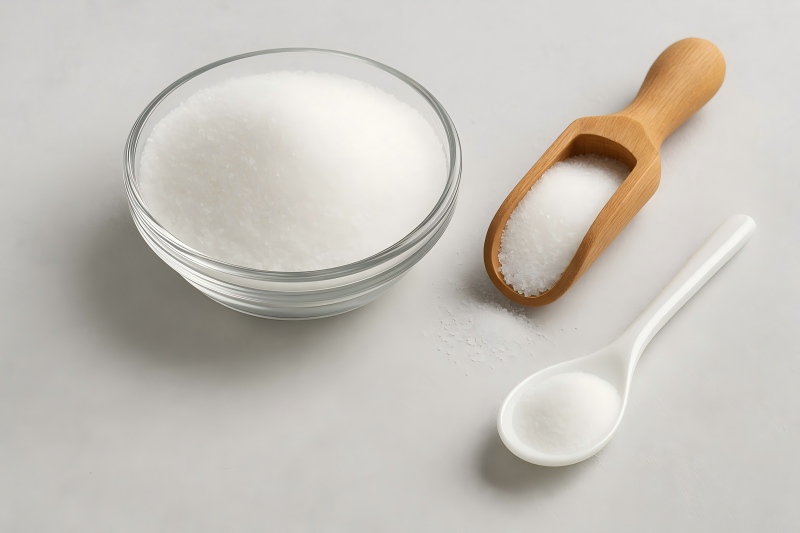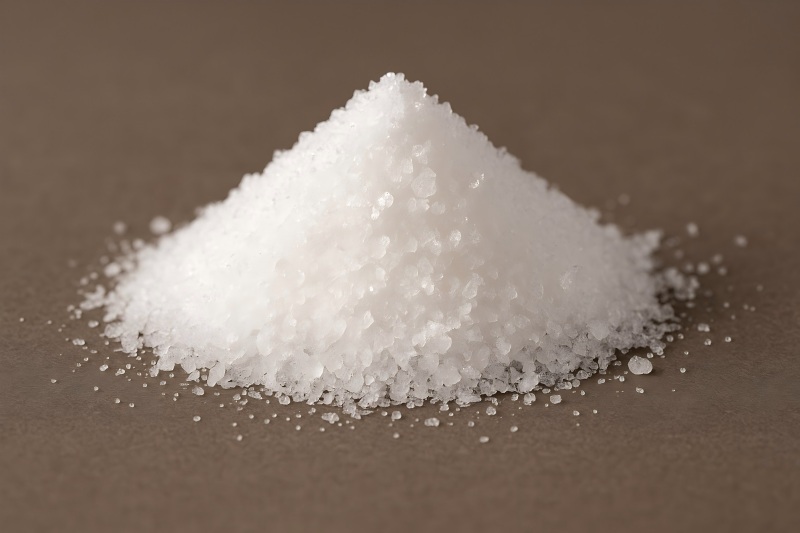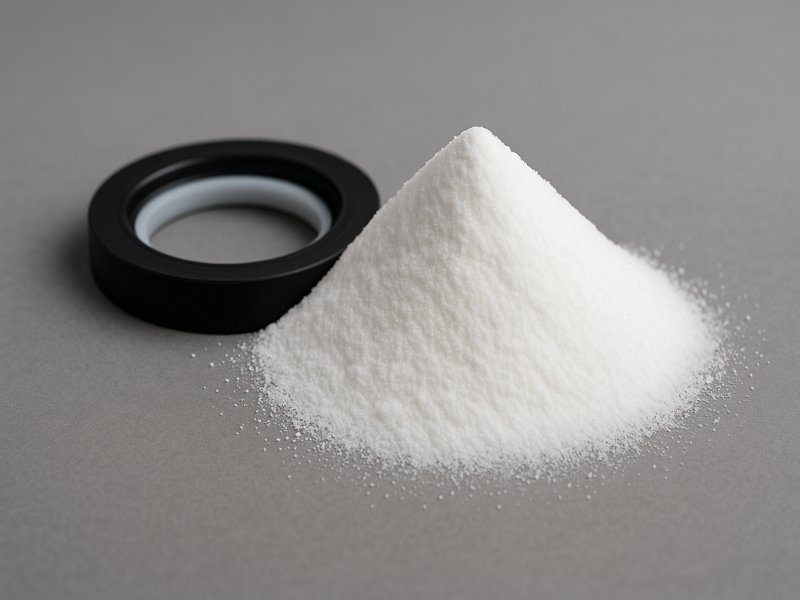An Ultimate Guide to DAP-Diammonium Phosphate
Diammonium phosphate (DAP) serves as a high-analysis source of both nitrogen (N) and phosphorus (P) and is extensively applied across many cropping systems and soil types. Its popularity stems from its favourable nutrient content, ease of handling, good storage/transport properties, and versatility of application. This guide provides a thorough overview of DAP, covering its chemical […]

